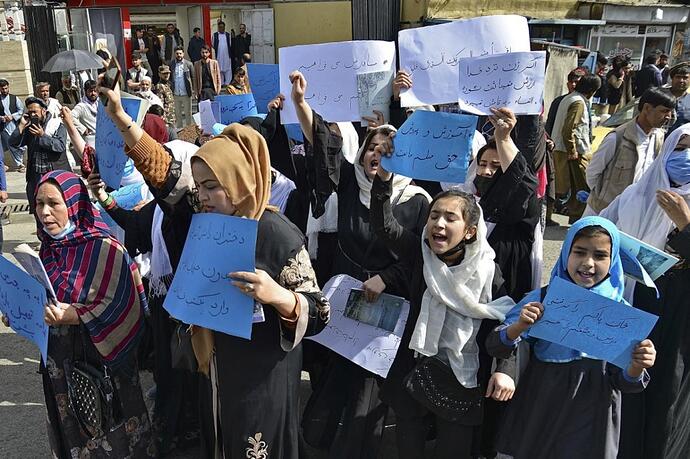What are the consequences of the education crisis in Afghanistan?
The education crisis in Afghanistan has deep and far-reaching consequences for society, economy, and the future of the country. These consequences affect not only the current generation but also future generations. In the following, the most important consequences of this crisis have been discussed:
- Increasing illiteracy and reducing the ability of human resources
• Lack of access to education increases illiteracy rates, especially among women and children.
• Widespread illiteracy prevents the training of skilled manpower for the labor market and economic development of the country.
- Intensification of poverty and economic dependence
• The lack of proper education limits people’s job opportunities and leads them to low-paying or informal jobs.
• This situation reinforces the cycle of poverty and makes the country’s economy weaker.
- Strengthening social and gender inequalities
• Discrimination in access to education, especially for girls, exacerbates gender and social inequalities.
• These inequalities lead to limitations in women’s participation in society and economy.
- The spread of extremism and violence
• Lack of education and awareness exposes young people to being attracted to extremist groups.
• Lack of education makes people unable to recognize the difference between true and false information and easily influenced by extremist propaganda.
- Reduction of social and cultural development
• Without education, the society will not progress culturally, socially, and politically.
• Education is the foundation for promoting civic values, tolerance, and peaceful coexistence. Its absence leads to a decrease in social cohesion.
- Negative impact on future generations
• Children who are deprived of education, as future parents, cannot convey the value of education to their children.
• This cycle of deprivation causes educational problems to be transferred to the next generations.
- Increasing immigration and brain drain
• The lack of suitable educational and job opportunities encourages educated people and families to migrate to other countries.
• This trend causes a decrease in the expert force and delay in the reconstruction and development of the country.
- Reduction of stability and national security
• Education is a key factor in creating peace and stability. Deprivation of education can intensify instability and internal unrest.
• Communities that are deprived of education are more prone to internal conflicts and social anomalies.
- Negative impact on public health
• Lack of education reduces people’s awareness of health, nutrition, and disease prevention.
• This situation leads to increased rates of disease, malnutrition, and mortality among children and adults.
